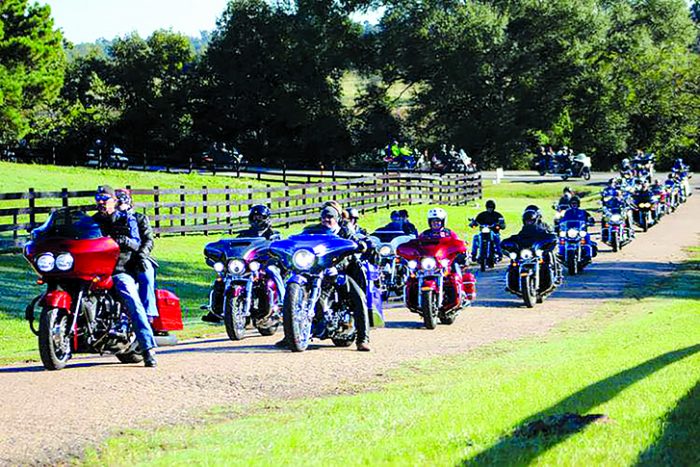Does riding a motorcycle really relieve stress? A recent study funded by Harley-Davidson found that riding a motorcycle might be good for your mental health. The researchers found that motorcycling increased focus and attention, and decreased relative levels of cortisol, a hormonal marker of stress.
The results of the study conducted by a team researchers at UCLA’s Semel Institute for Neuroscience and Human Behavior yielded scientific evidence of the potential benefits of riding. Researchers recorded participants’ brain activity and hormone levels before, during, and after motorcycling, driving a car, and resting. While riding a motorcycle, participants experienced increased sensory focus and resilience to distraction. Riding also produced an increase in adrenaline levels and heart rate, as well as a decrease in cortisol levels, results often associated with light exercise and stress-reduction.
“Stress levels, especially among young adults, continue to rise, and people are exploring pathways to better their mental and physical health. Until recently, the technology to rigorously measure the impact of activities like motorcycling on the brain didn’t exist,” said Dr. Don Vaughn, the neuroscientist who led the research team.
Results Highlights:
- Riding a motorcycle decreased hormonal biomarkers of stress by 28%
- On average, riding a motorcycle for 20 minutes increased participants’ heart rates by 11 percent and adrenaline levels by 27 percent—similar to light exercise
- Sensory focus was enhanced while riding a motorcycle versus driving a car, an effect also observed in experienced meditators vs non-meditators
- Changes in study participants’ brain activity while riding suggested an increase in alertness similar to drinking a cup of coffee
- ”While scientists have long-studied the relationship of brain and hormone responses to attention and stress, doing so in real-life conditions such as these is rare,” explained Dr. Mark Cohen, a member of the research team. “No lab experiment can duplicate the feelings that a motorcyclist would have on the open road.”
“The differences in participants’ neurological and physiological responses between riding and other measured activities were quite pronounced,” continued Dr. Vaughn. “This could be significant for mitigating everyday stresses.”
The research team monitored participants’ electrical brain activity and heart rate, as well as levels of adrenaline, noradrenaline, and cortisol. The study measured the biological and physiological responses of more than 50 experienced motorcyclists, using mobile EEG technology.
Heather Malenshek, Harley-Davidson’s Senior Vice President of Marketing commented, “The research findings Dr. Vaughn and his team identified helps explain what our riders have felt for the past 116 years – there’s a vitality and heightened sensory experience that comes from the freedom of riding a motorcycle. We hope their findings inspire the next generation of riders to experience these benefits along with us.”
Next time someone critizeds your motorcycle, just tell them it’s for your mental health.


